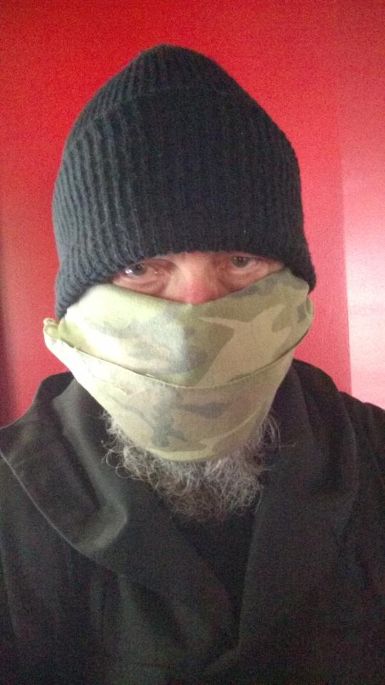On her last day on the job, Chanise performed the same pre-shift ritual she did every day of her police career. Before heading out on her last patrol she stood in front of the mirror in the squad room bathroom, squared her shoulders, smoothed her uniform shirt and spoke to her reflection.
There’s nothing better than a good cop, she said.
Taking a mindful breath, she continued.
And there’s nothing worse than a bad cop.
Chanise knew the difference. For years she believed all cops knew the difference. A police officer clearly knew on which side of the law to stand. Any good cop knew because you knew the simple difference between right and wrong. Only recently did she realize how many cops didn’t know or didn’t care.
A good cop’s life took calm discipline.
If you took protecting and serving seriously, working to help rather than hurt, frustration accompanied every tour of duty. Putting your life on the line as a guardian defined honor. Paramilitary warriors should work elsewhere, like in another time and place where public service required a sword and shield and a Viking helmet.
Male white cops ruled.
Too many Black cops took the macho man routine too far as well.
Good women cops, particularly good women cops of color, accomplished more in a community than any budget analysis could document, although nowadays some female officers caught the sometimes deadly disease that spreads with power. Too many men and women wearing a badge should have never sworn to uphold the oath. Yet most knee-jerk civilians agreed with a strict law and order code, even when the rules twisted and warped into a mutation of the sacred mission to help.
Chanise understood the job better now that she resigned.
Bad cops nationwide initiated violence more and more every day at protests against police brutality. Government officials needed to drastically shift priorities to make sure good cops outnumbered bad cops. Bad cops knew they would lose dominance, supremacy, control, money and prestige. Bad cops knew they would be watched, reprimanded, transferred and fired. Bad cops would do everything they could to stay bad under the guise of safeguarding the community.
America needed to clean house in precincts, station houses and barracks in every federal, state and local jurisdiction. Cops of every rank needed to get smart and clean up their acts, turning police nationwide into a decent force of honest rightness rather than an occupying army of nameless, faceless, mindless machines programmed to shoot, beat, gas and terrorize people who real protectors want to defend.
Angry whenever she thought about what police had become, Chanise decided to do something about the wholesale abuse by countless white male bullies who turned mostly people of color and other vulnerable targets into their victims.
Chanise decided to do whatever she could to change the system by challenging the system. She vowed to take to the streets as an ex-cop, a Black woman ex-cop intent on making day-to-day life better for everybody. She promised herself to sign petitions, call elected officials and carry protest signs.
Hell, she’d become a protest sign.
Stay angry, she told herself.
Now that she had started working part-time at Gina’s pizzeria, each night before going in she’d stand in front of the bathroom mirror in her apartment staring long and hard at the new woman she had become. A good, Black, angry woman stared back.
Stay angry, she’d say.
On this night, picking up the new black baseball cap she bought downtown and fitting it snugly on her head, she adjusted the brim and looked in the mirror at the backward block letters that read DEFUND THE POLICE in red and green letters.
Chanise bought one for Gina, too. Gina would be surprised. Chanise knew they’d wear them behind the counter whether customers liked the message on their hats or not. She and Gina were more alike than she thought. Maybe they could be friends.
Chanise looked at the third black baseball cap she bought.
She wondered if William would wear it.
